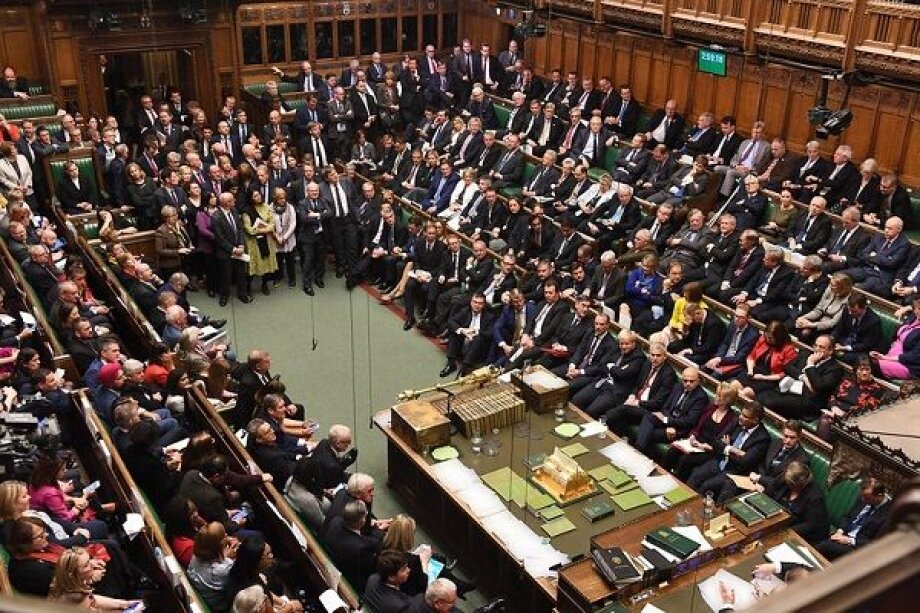British House of Commons adopts controversial bill


The House of Commons adopted a controversial bill on the British internal market, which gives the opportunity to invalidate the arrangements for Northern Ireland in the existing agreement on the withdrawal of Great Britain from the European Union. As many as 340 MPs supported the bill, 256 were against. None of the members of the ruling Conservative Party voted to reject the bill, although 21 – including former Prime Minister Theresa May - did not vote or abstained.
The approval of the project means that it will now be discussed by the House of Lords. It can table its amendments or even – the Conservatives do not have a majority in the upper house of parliament – block the bill. However, the office of Prime Minister Boris Johnson argues that it would be against the current convention.
The government argues that the purpose of the law is to maintain "open trade" between the four constituent parts of the United Kingdom at the end of this year. the so-called post-Brexit transition period. Currently, all trade and regulatory issues fall within the competences of the EU, so – as the government argues – it is necessary to adapt them to the situation in which the EU law ceases to apply. The idea is to avoid having different trade regulations in different parts of the country.
The bill says that "some provisions" would enter into force "irrespective of inconsistency" with international or other national law, which clearly indicates the possibility of repealing the agreements concluded with the EU and which – as the government itself admitted – would be a breach of the rules international law.
Meanwhile, the government in Dublin and the European Commission argue that the new law may violate the previous arrangements for maintaining trade between Ireland and Northern Ireland on the terms similar to the current ones. Keeping the Irish-Irish border open in various aspects (which will be the only land border between the EU and Great Britain) is considered a key element in maintaining peace on the Green Island and the functioning of the rules negotiated with the so-called The Good Friday Agreement that ended the civil war in Northern Ireland.